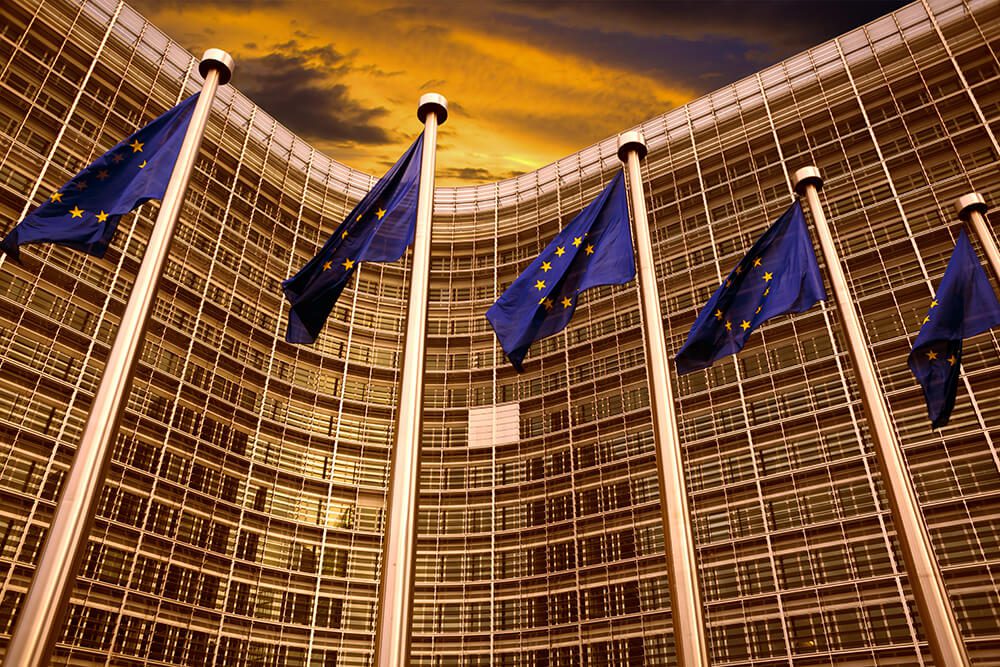The “FuelEU Maritime” initiative is part of the EU’s “Fit for 55” package of legislative proposals where a trilogue provisional agreement between European legislative bodies was reached in March 2023 and which still needs to be formally approved by the European Parliament and European Council.
If adopted this regulation starting from 2025, is aimed at setting the maritime sector’s trajectory in line with the EU’s climate targets for 2030 and 2050 by supporting the uptake of sustainable fuels to reduce well-to-wake GHG emissions intensity requirements on 100% of the energy consumed on board commercial vessels above 5,000 GT for intra EU voyages, reduced to 50% of the energy used on voyages into or out of the EU/EEA.
The mechanism sets targets for reducing the yearly average GHG intensity of the energy used by a ship or, by a fleet or pool of ships compared to a 2020 baseline increasingly gradually over time (-2% in 2025, -6% in 2030, -14.5% in 2035, up to -80% in 2050).
A penalty or reward (i.e. compliance deficit or surplus), is calculated depending on the vessel’s or fleet’s annual target and cost of low-carbon fuel required to have met the target. The regulation may also include a mechanism to bank and borrow surplus emissions between compliance periods on a limited basis and pool compliance balances for two or more vessels, regardless of the shipping company.
The proposal also states that starting from January 2030, freight and passenger vessels staying in EU ports for more than two hours will be required to connect to shore-side electricity supply (“onshore power supply,” or OPS) and use this electricity for all energy needs while at berth, unless they use zero-emission technologies or in case of an emergency.
All these measures are still under discussion and subject to final agreement. Understanding better how they will work, combined with a clear insight on carbon pricing dynamics can offer shipping participants exposed to freight, trading advantages as well as challenges.
If you would like to learn more about the “FuelEU Maritime” regulation to stay competitive, please reach out to our Sustainability Team.
